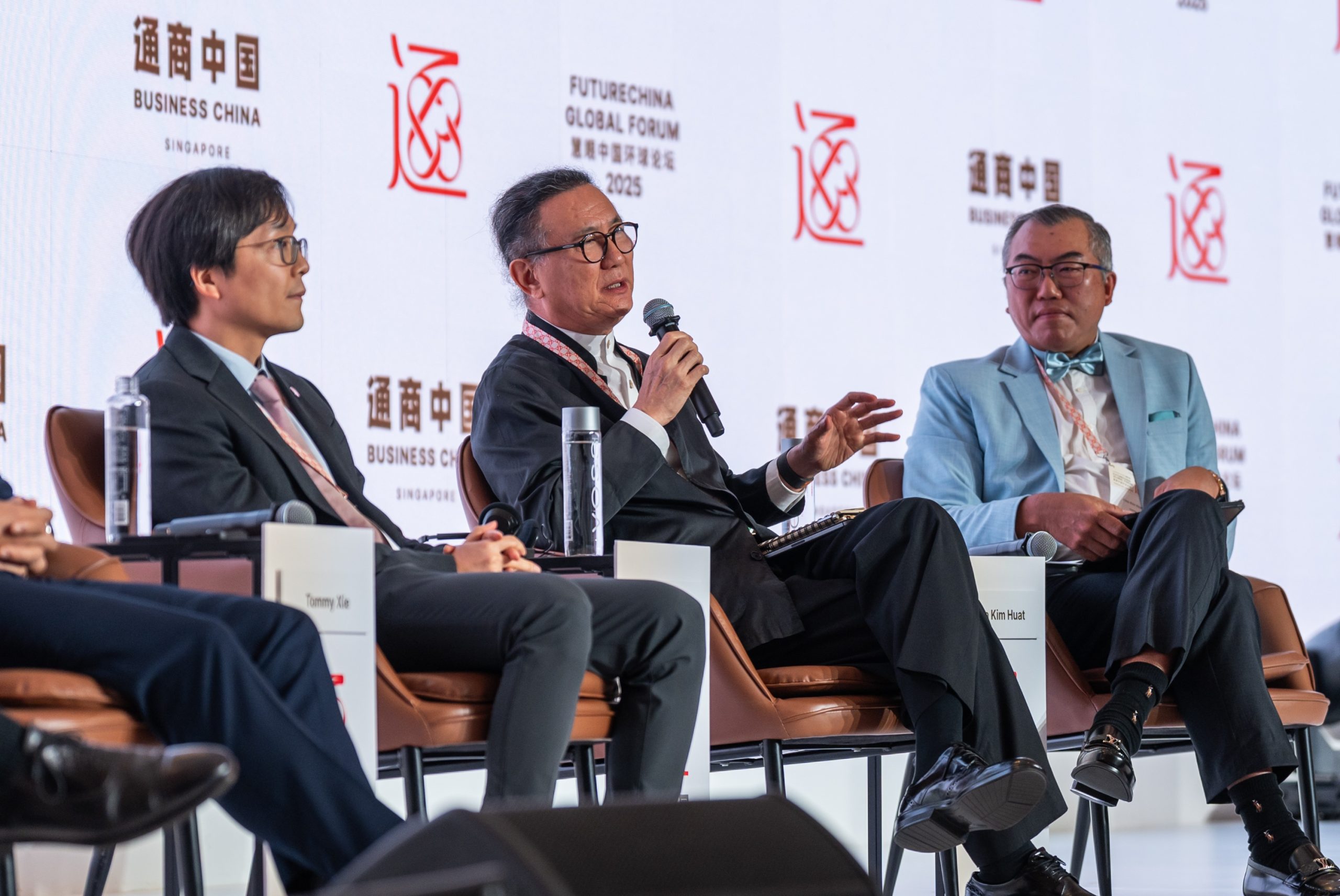FutureChina Global Forum 2025
The World in Flux – Challenges and Opportunities
Panel 2: ASEAN-China Economic and Trade Relations
Executive Summary
The panel discussion provided a comprehensive analysis of the shifting dynamics in the China-ASEAN economic corridor amidst a complex geopolitical landscape. Experts from banking, policy, and business explored the deep-rooted integration of regional supply chains, the permanent recalibration of global trade policies, and the evolving strategies of Chinese investors. The consensus was that while uncertainty prevails, the ASEAN region is uniquely positioned as a critical hub and a primary beneficiary of these global shifts, demanding new levels of geopolitical awareness and strategic agility from business leaders.
- The Deepening China-ASEAN Economic Integration
The China-ASEAN economic relationship is becoming more intertwined and sophisticated, driven by resilient trade and strategic shifts in production.
- Since the 2018 trade war, China’s trade balance with ASEAN in key sectors like machinery has reversed, indicating deeper integration.
- Chinese investment strategy is upgrading from simple assembly to transferring more of the production process to the region.
- As historical parallels suggest, ASEAN is positioned to gain from the current rerouting of global commerce.
- The New Geopolitical Landscape and US Trade Policy
The new global trade environment is a permanent shift, requiring businesses to discard old assumptions and adapt to new realities.
- The move away from traditional free trade is a structural, bipartisan shift in US policy, creating a “new language of trade”.
- While China is the top trading partner, the US remains the top investor, creating a complex dynamic for ASEAN to balance.
- ASEAN is a key beneficiary of these geopolitical shifts, becoming a central ground for companies navigating global tensions.
- The Evolving Nature of Chinese Investment
Chinese FDI in ASEAN is growing, diversifying, and becoming more technologically advanced.
- Investment is expanding beyond manufacturing into high-value sectors like technology, e-commerce, and the digital economy.
- Chinese firms are targeting both export markets and ASEAN’s large domestic consumer base.
- These companies exhibit a strong focus on R&D and a highly competitive work ethic.
- The Future of Currency and Digital Assets
The panel addressed de-dollarisation, concluding a rapid shift away from the US dollar’s central role is not imminent.
- The dollar’s fundamental role as the most liquid and efficient currency for global trade remains secure.
- USD-backed stablecoins could even reinforce the dollar’s role but face hurdles in compliance and business model viability.
- Strategies for Business Resilience and Collaboration
The panelists offered clear, actionable advice for businesses navigating this unpredictable environment.
- Businesses must embed geopolitical acumen into the C-suite to navigate the new trade rules.
- Active risk management and supply chain diversification are critical for resilience.
- Fostering deep collaboration, such as providing “all-service” support for investors, is a key formula for success in the region.

